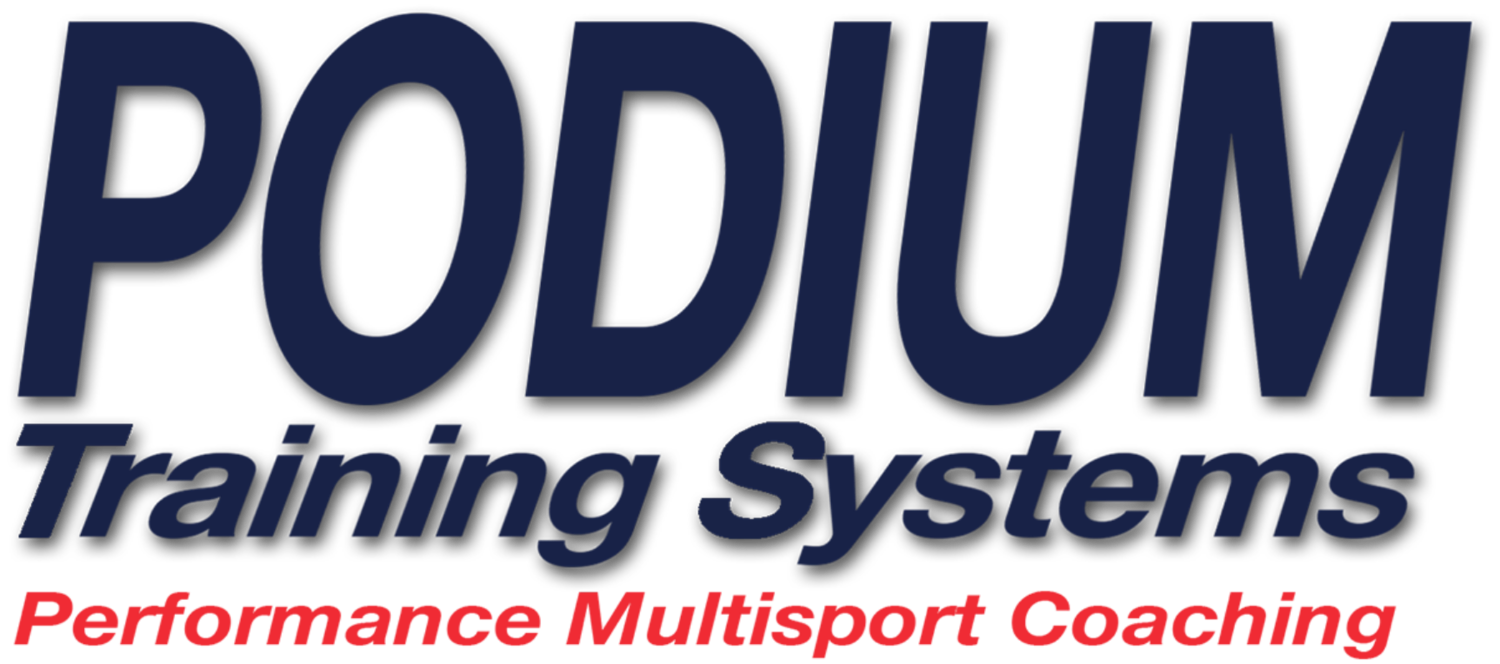As individuals are now deep into base-building, moving on to race specific training, or in some cases are already beginning their racing season, nutrition is an important topic that shouldn't be overlooked in regards to successful triathlon training. Not just race-day nutrition. But your overall nutritional plan.
I'm talking about properly fueling your body to train, recover, and race. Triathlon training is not a diet. Don't cut carbs. Don't eat fewer calories that you're expending.
I know an individual who, 3 weeks before an Ironman race - his goal race of the year - began to cut carbs in an effort to attain his "ideal racing weight".
Well, he lost weight. Mostly muscle mass I'm guessing, as his body had no significant source of glycogen to fuel and recover. He blamed his poor race on a few factors, but his nutritional plan wasn't one of them. I'm not saying that other factors didn't contribute, but I'm pretty confident that not eating correctly for the final three weeks of training might have had a significant impact.
I hear far too many beginner, and age-group triathletes, talking about losing weight, cutting carbs, and calories, in an attempt to get to their "race weight". Heck, I used to be one of them.
My worst race of my career was when I weighed the least. My best race? About 7-8 pounds heavier than what I thought I needed to be. Ah, what a little education can do.
Incorporating a well balanced, whole-food based, nutritionally solid diet during your training is critical. You'll train and recover better. You'll race better.
Look at what the pro's eat. Yes, they're careful about what they eat, but they eat to train, recover, and race. They consume a large amount of calories to ensure they are providing themselves the fuel and nutrients to train and recover given the volume and intensity of their training.
Chances are, as a triathlete, you'll need more than the average amount of calories a day as well.
A well balanced, well thought-out, diet includes proteins, fats, and carbohydrates. Always. The percentages of each macro-nutrient will of course change throughout the year as you progress from off-season, to pre-season, and through your race season. And yes, I said "fats". Good fats exist, and your body needs them.
My education as a coach, as well as my education in sports and performance nutrition, has really opened my eyes to what a proper pre-season, race-season, and off-season, diet can and should look like.

